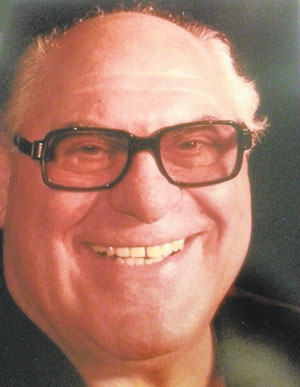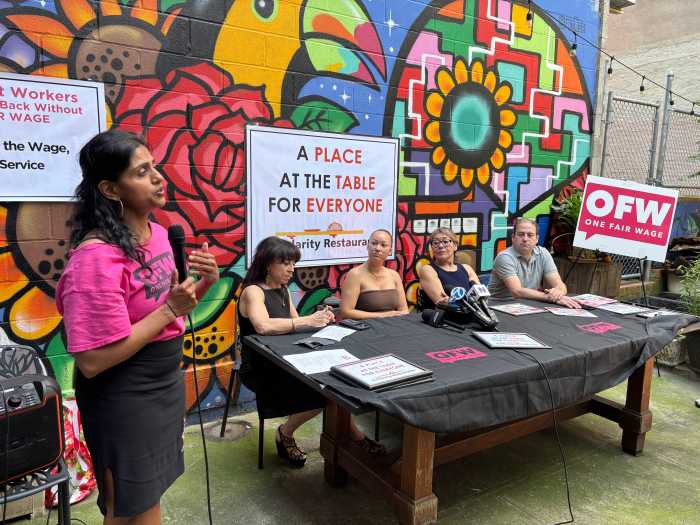
BY JUAN SOTO | Sebastian Aloi was in shock when he was diagnosed with breast cancer. He had no symptoms.
“I didn’t even know men could get breast cancer,” the 71-year-old Nassau resident said.
Breast cancer is a very rare disease in men.
In 2014, about 2,360 males will have the disease, compared to 232,670 women, According to statistics from the American Cancer Association.
Doctors at Winthrop-University Hospital in Mineola, N.Y. found spots in his bladder in March of 2009. He underwent a mammogram. It came back negative.
Doctors insisted on more testing. He was scheduled for a biopsy.
“Sure enough, the results came back positive with breast cancer,” said the 71-year-old.
A month later, he underwent a mastectomy in one of his breasts.
“They saved my life,” said Aloi.
In 2010, history repeated itself.
Aloi, who was born in Brooklyn but grew up in South Ozone Park, was back under the knife at Winthrop-University Hospital, in Nassau.
If breast cancer in men is rare, double breast cancer is even rarer.
Winthrop Hospital has a multidisciplinary team of certified physicians who provide full treatment to patients, men and women.
The hospital’s “Breast Cancer Center is unique because it provides patients with complete access to a full range of quality services and specialists,” said Frank Monteleone, chief of the cancer division at Winthrop.
“We offer personalized care and advanced diagnostic methods and treatments to patients in the community,” said Monteleone.
Winthrop is conducting a clinical trial that uses the system CyberKnife Radiosurgery in women with breast cancer who opt for breast conservation after the removal of their tumor.
It has given new hope to many thousands of people with tumors once considered inoperable, according to Winthrop.
CyberKnife consists of five days of consecutive treatments, instead of the more traditional six-week radiation treatment.
The innovative system “has exceeded its clinical promise,” said Jonathan Haas, chief of the division of radiation oncology at Wintrhop. “It was always theoretical that it would be better for breast cancer, but now we see it in practice with patients, it has exceeded our greatest expectations.”
Aloi kept his positive attitude beside undergoing the double bilateral mastectomy.
“You hear the word ‘cancer’ and it seems like the end of the world, but it is very important that one stays positive.”
He said regular checkups are very important, and like in his case, can be life-savers.
“We keep fighting,” said Aloi.


































